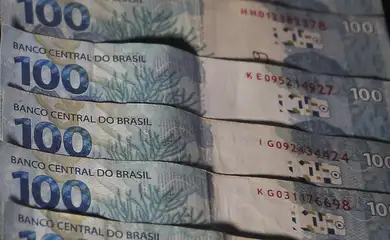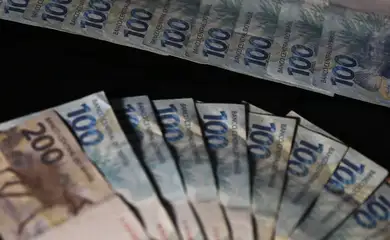Indebtedness affects 76.6% of Brazilian families

Despite having declined for the fifth month in a row, indebtedness still affects around 76.6 percent of Brazilian families, who have debts due on credit cards, personal loans, car and house payments, and other types of debt. The percentage for November represents a drop of 0.5 percent in the number of people in debt compared to the previous month.

The data were released Monday (Dec. 4) by the National Confederation of Trade in Goods, Services, and Tourism (CNC).
The sense of improvement in the nation’s economic conditions, said confederation head José Roberto Tadros, may explain the reduction. “The progress of the job market, even on a smaller scale, with more hiring expected in this end-of-year period, has been favoring household budgets, indicating that fewer people are resorting to credit, as they are managing to pay off current debts,” he said.
Default
The highest percentage of overdue debts (36.6%) was observed among low-income consumers—those making up to three minimum wages, which corresponds to BRL 3,960.00, or $806.6. According to the confederation’s chief economist and head of the survey, Felipe Tavares, these consumers are the most likely to be unable to settle these debts, and total 17.2 percent. “Aggravating the situation of default, these consumers have a high dependence on debt, committing 31.9 percent of their income,” he added.
Credit cards are still the most used by those in arrears, and accounted for 87.7 percent of all debtors, a sharp increase compared to the same period last year, when it stood at 86.4 percent.




